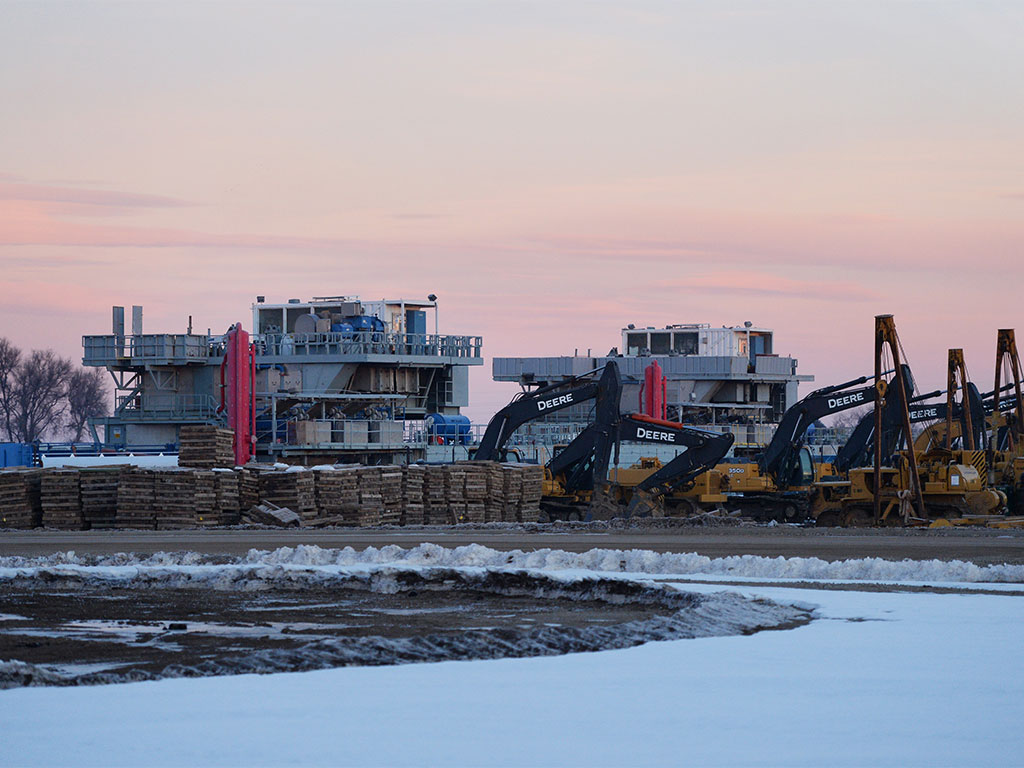
The Russian Federal State Statistics Service announced that the country’s GDP fell by 3.7 percent in 2015, despite showing positive signs the year previous, up as much as 0.6 percent in 2014, according to data published by the World Bank.
The RUB-USD exchange rate stands at 0.0128, but thankfully for Russia it sells its oil in dollars, providing at least some small cushion for its ailing economy
The nominal size of the Russian economy stands at a little over RUB 80.4tn ($1tn), according to its national statistics service, which is down from $2.1tn posted in 2013.
The country has suffered greatly from low oil prices, which stand at just a touch north of the $30 range and fell under that level in mid-January, amid decreased international demand and OPEC’s unwillingness to squeeze supply.
The RUB-USD exchange rate stands at 0.0128, but thankfully for Russia it sells its oil in dollars, providing at least some small cushion for its ailing economy.
EU-US sanctions continue to apply added pressure to the country’s beleaguered economy. On January 1 2016, the Kremlin imposed its own sanctions against Turkey and Russia, and Ukraine opted to suspend their free trade agreement.
Russian unemployment continues to spiral out of control, with the official rate rising by 15 percent in Q4 2015, according to the RIA Novosti news agency. This news comes at time when real wages and incomes continue to fall.
A considerable dip in domestic consumption has led to a decline in imports, which has had a negative impact on GDP figures. It also means that exports, despite demand being down, represent the main source of economic growth in the country.

